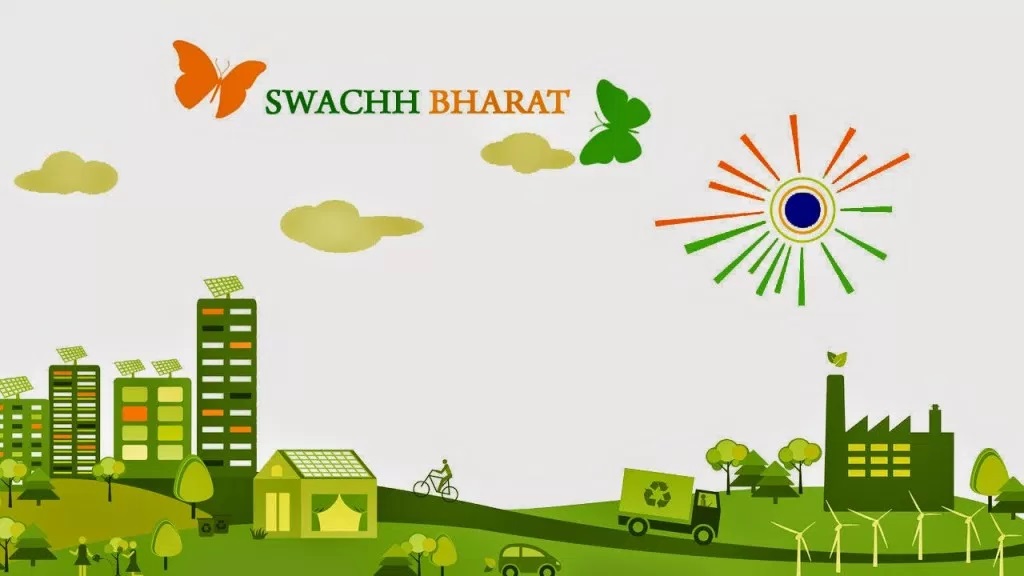Initiative for Clean India
Swachh Bharat Abhiyan or Swachh Bharat Mission was launched in India in 2014 by honourable Prime Minister Shri Narendra SinghModi with the tagline "one step towards cleanliness." Swachh Bharat, considered one of the most important cleanliness campaigns, strives to clean both rural and urban India's streets, highways, and infrastructure. The mission's major goal is to eliminate open defecation, which is still prevalent in many urban and rural areas of the country. The initiative began with the installation of public restrooms, as well as toilets in every home.
The Swachh Bharat Mission aimed to build 90 million toilets in rural India by the 150th birth anniversary of Mahatma Gandhi, on October 2nd, 2019, at a cost of Rs.1.96 lakh crore, assisting India in meeting Sustainable Development Goal-6 set by the United Nations in 2015. The Ministry of Drinking Water and Sanitation and the Ministry of Housing and Urban Affairs, respectively, ran Swachh Bharat Abhiyan-Gramin (rural) and Swachh Bharat Abhiyan (Urban).Among other hygienic issues in India, open defecation and water contamination have plagued the country for decades. Waste materials must be disposed of correctly and on time. Plastic use should be decreased as soon as possible, and governments should provide a convenient location for individuals to dispose off their trash. Every person should take responsibility for keeping their community clean. People should also be taught on the importance of trash management and keeping the environment clean. It is critical to educate and raise awareness in underdeveloped communities.
Ways to contribute in the mission Involvement of individuals to achieve the mission
- ~ Every individual bears responsibility for keeping the streets clean. The first small step people may take to contribute to the Swachh Bharat initiative is to carry a fabric bag or a recycled paper bag when they leave the house.
- ~ Waste segregation at the source is required by the Solid Waste Management (SWM) Rules of 2016. Organic or biodegradable garbage, recyclable waste, and other waste products are separated into three streams. Households should be taught about waste separation in order to make rubbish collection and treatment more efficient.
- ~ In India, the state of personal hygiene is appalling. Only 32% of rural families have access to toilets and other sanitary services, according to a survey performed by the National Sample Survey Office (NSSO) in 2012. The importance of appropriate sanitation facilities should be installed in the public's psyche. As a result, the transmission of infectious diseases caused by poor sanitation will be reduced.
- ~ You can also use eco-friendly cleaning solutions to substitute petroleum-based cleaning products, preventing dangerous chemicals from harming the environment.
- ~ Littering, which is currently a criminal infraction under Section-279, should be monitored, and one should be cautious about it.
- ~ Funds should be gathered and allocated across the country to provide proper sewage systems, public bathrooms, and waste disposal.
- ~ Anti-litter initiatives should be launched to raise public awareness and encourage people to pick up the broom.
The Swachh Bharat Mission is a large effort that, if carried out, has the potential to drastically alter both the country's view and citizen attitudes. Waste reduction, litter reduction, and pollution reduction will pave the path for a healthier and more productive state of mind.




